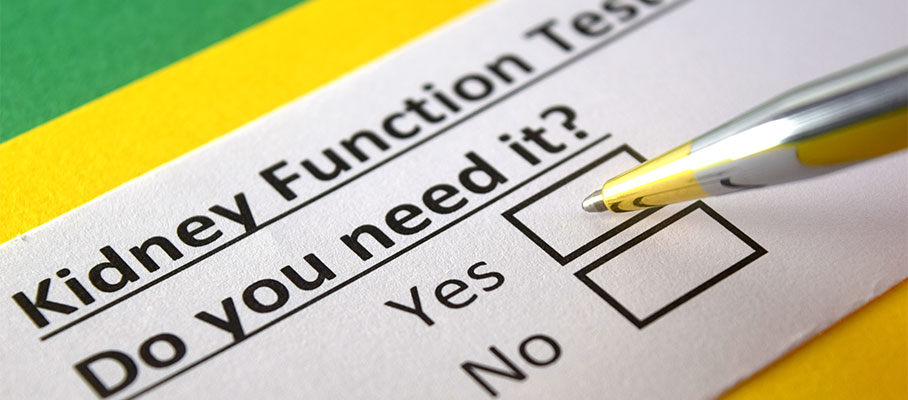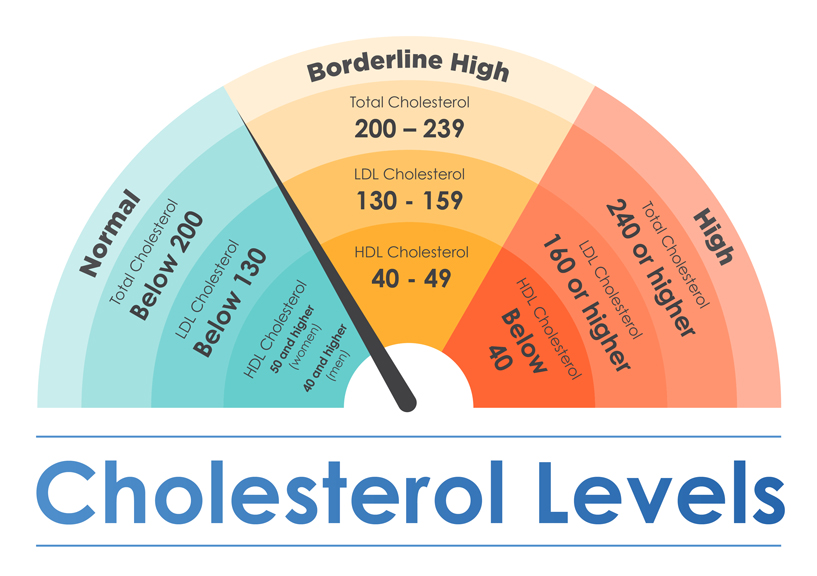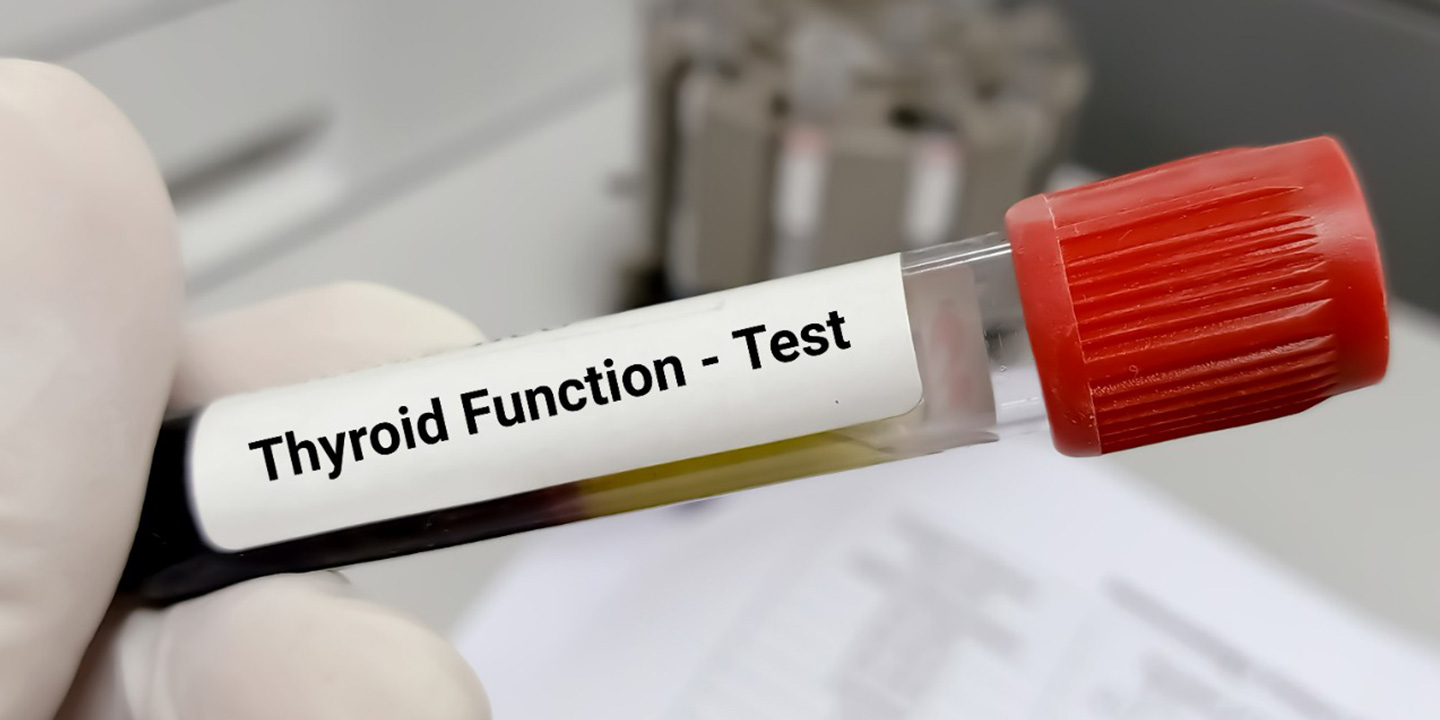
The Kidney Function Test (KFT), also known as a renal function panel, is a set of blood tests that assess the health and performance of your kidneys. These tests provide valuable insights into how well your kidneys are functioning and whether there are any underlying kidney-related issues. In this article, we will explore the KFT test, its normal range, the significance of its results, and where you can get it done through reputable pathology labs in Kolkata & Bhopal
Understanding the KFT Test:
The KFT test at HCDC typically includes several blood tests, each measuring specific markers related to kidney function:
- Serum Creatinine: This test measures the level of creatinine in your blood. Creatinine is a waste product generated by muscle metabolism and is normally filtered out by the kidneys. Elevated creatinine levels can indicate kidney dysfunction.
- Blood Urea Nitrogen (BUN): BUN measures the amount of urea nitrogen in your blood. Urea is produced in the liver and excreted by the kidneys. An increased BUN level may suggest kidney problems.
- Glomerular Filtration Rate (GFR): GFR is a calculation that estimates how efficiently your kidneys are filtering waste from your blood. A lower GFR can indicate reduced kidney function.
- Serum Electrolytes: This includes measurements of sodium, potassium, calcium, and phosphorus levels. Imbalances in these electrolytes can affect kidney function.
- Serum Albumin: Albumin is a protein that helps maintain blood volume and regulates fluid balance. Low levels may be a sign of kidney disease.
- Urine Protein: A urine sample may be analyzed for the presence of protein, as excess protein in the urine can be a sign of kidney damage.
Normal Range for KFT Test:
The normal range for each marker in the KFT test may vary slightly between laboratories. However, here is a general guideline for what is considered within the normal range:
Serum Creatinine: 0.6 to 1.2 milligrams per deciliter (mg/dL)
Blood Urea Nitrogen (BUN): 7 to 20 mg/dL
Glomerular Filtration Rate (GFR): A GFR above 90 mL/min/1.73 m² is considered normal.
Serum Electrolytes: Normal ranges vary for each electrolyte and are measured in milliequivalents per liter (mEq/L).
Serum Albumin: Normal levels are typically between 3.4 and 5.4 grams per deciliter (g/dL).
Urine Protein: Ideally, there should be little to no protein in a urine sample.
Significance of KFT Test Results:
Interpreting the results of the KFT test is essential for identifying kidney dysfunction or disease:
Normal Results: Normal results indicate that your kidneys are functioning within the expected range, and there are no immediate concerns.
Abnormal Results: Abnormal results may suggest kidney impairment or disease. The specific abnormalities observed in the KFT test can help diagnose the underlying issue, such as chronic kidney disease, kidney infections, or electrolyte imbalances.
Tracking Changes: For individuals with known kidney conditions, regular KFT tests can help monitor the progression of the disease and the effectiveness of treatment.
If you’re in Kolkata & Bhopal and require a KFT test, contact Health Care Diagnostic Clinic & Laboratory Services where you can get it done.
Before scheduling your KFT test, it’s advisable to consult with a healthcare provider who can assess your specific needs and provide guidance on the appropriate tests. Additionally, be sure to follow any fasting or preparation instructions provided by the pathology lab for accurate results. Understanding your kidney function through regular KFT tests is a proactive step toward maintaining good health and addressing any potential kidney-related issues early on.


